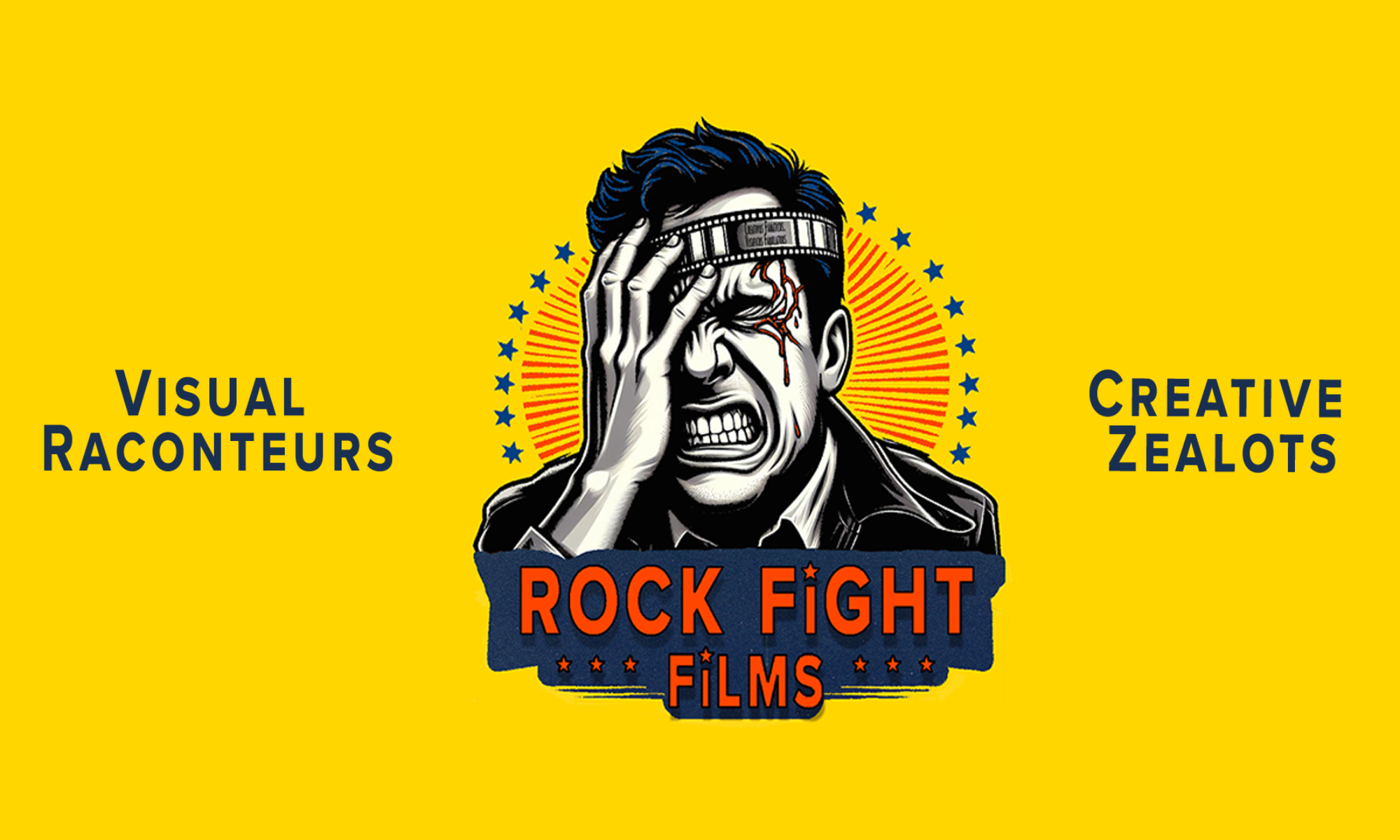
What I’m Bringing to Filmmaking – This Time
After a long hiatus, I’m excited to return to set. The break has given me the space to reflect on my process—what worked, what didn’t, and how I can approach things differently.
Over the years, I’ve worn many hats: producing shorts, directing projects, managing crowdfunding, and working in film marketing, casting, and talent management. I even co-founded Boston Indie Mafia, fostering local filmmakers and community. Each experience shaped my approach today.
Looking back, I realize many lessons came from mistakes—under-preparing, micromanaging, and overcommitting. This time around, I’m focused on what I’ve learned: the importance of story, thorough planning, trusting my team, and embracing imperfection.
Story First

The most valuable lesson I’ve learned is that story is everything. Early on, I focused on flashy gear, show-off shots & vfx, thinking it would elevate the story. It didn’t.
Working on broadcast spots earlier in my career, I learned to tell a compelling story in 30 seconds under tight constraints. That discipline made me realize that no amount of tech can save a weak story.
Now, I keep story at the core of every project. It’s the heart of the film, and it’s the first thing I bring to the table.
Plan to Win
In my earlier attempts, planning often meant half-formed ideas on a napkin. thinking we’d figure it out as we went. Nope. And many hard lessons were learned.
From that I learned that thorough preproduction with actors, cinematographers, production designers, and sound teams can ensure everything runs as smoothly as possible (though not always without hiccups). This gives me the ability to pivot when things go awry, and the freedom to take creative risks without losing sight of the vision.
Good Enough
I used to chase perfection, obsessing over every tiny detail. It drained me and created unnecessary stress.
A experienced producer once told me,
We’re not performing brain surgery; we’re making movies. It’s supposed to be fun.
That stuck with me. Sure, perfectionism looks good on paper, but it’s the messy moments that give a film its soul. Audiences are seeking connection, not perfection, and I’ve learned that good enough is often enough.
Teamwork
A successful film thrives on shared ideas and collaboration.
My mantra now?
We can do what I can’t.
Trusting my team’s expertise and stepping back to let everyone contribute their talents is something I’m prioritizing. Building Boston Indie Mafia reinforced this belief — every event we ran to highlight the power of collaboration. Filmmaking is more enjoyable and effective when everyone’s voices are heard, and that’s the mindset I’m bringing to my next project.
Old Dogs, New Tech
 Filmmaking has changed dramatically over the years. When I started, everything was analog — spicing film on a Steenbeck, recording sound on Nagra, writing by hand. The transition to digital was liberating, but overwhelming at times. Digital tools offer endless options, and I found myself tweaking things to death.
Filmmaking has changed dramatically over the years. When I started, everything was analog — spicing film on a Steenbeck, recording sound on Nagra, writing by hand. The transition to digital was liberating, but overwhelming at times. Digital tools offer endless options, and I found myself tweaking things to death.
To keep my focus on the story, I’ve returned to handwriting my first drafts. I know it may seem counterintuitive, but it forces me to slow down, get my ideas on paper and avoid the constant urge to edit. This intentional approach helps my thoughts develop more fully and shapes the story actively.
Ultimately, technology is a tool, not the driving force. Whether I’m shooting with an iPhone, a DSLR, or a RED, the priority is always story
Sound Matters
In my earlier work, sound was an afterthought. Bad sound is unforgivable – unclear dialogue means losing your audience.
Sound has become a bigger priority for me, and s I plan to involve sound designers earlier and allocate a more realistic budget for it. While it’s an investment, I’ve learned the most compelling scene will fall short without clear and well-crafted sound.
Fail Forward
Every mistake I’ve made taught me something I needed to learn:
-
-
- Underpreparing taught me the value of thorough planning.
- Trying to do it all taught me the value of teamwork.
- Overcommitting taught me to set realistic goals and timelines
- Skipping audience engagement taught me to build excitement early.
-
Filmmaking isn’t about getting everything right. It’s about learning, evolving, and doing it better next time.
Still Evolving
Coming back to filmmaking feels like reconnecting with an old friend. While the basics remain, my approach has evolved. I’m more patient, adaptable, and probably easier to work with.
Filmmaking is no longer about perfection; it’s about growing with the process and telling stories that resonate.
Your Turn
What lessons have shaped your creative path?
Share your thoughts in the comments — I’d love to hear what’s shaped your filmmaking journey and what keeps you inspired. Let’s keep the conversation going!




